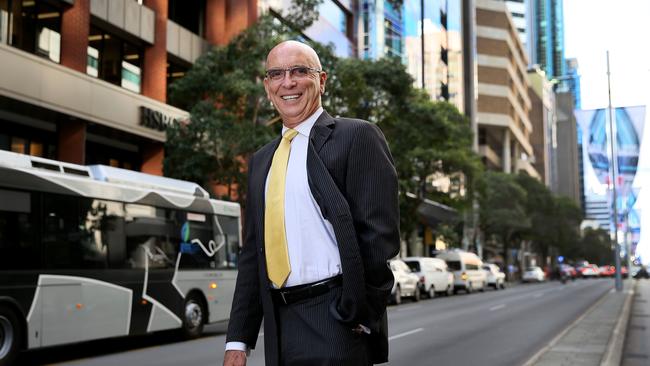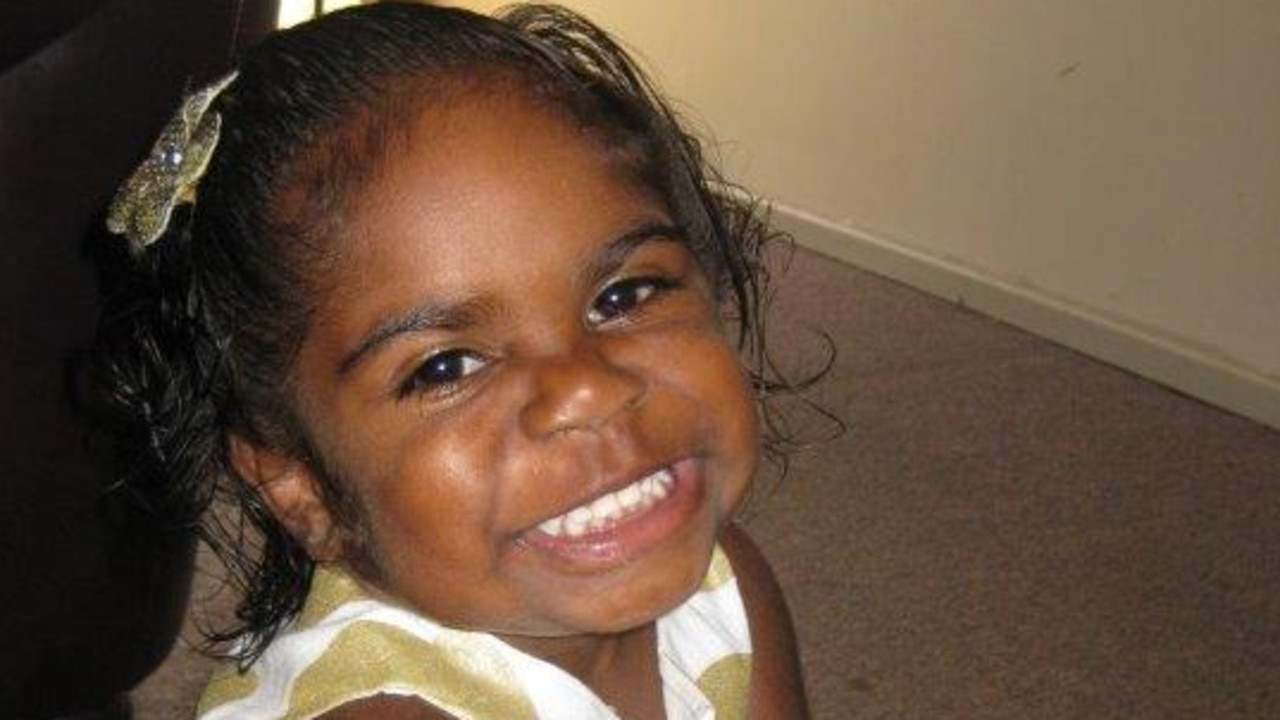John Quigley vows to shake up the system in WA
The ABC once described him as ‘an utter mongrel’, but the WA Attorney-General says he is merely passionate.

When the ABC’s Australian Story program profiled lawyer and politician John Quigley in 2011, he was variously described as “mad”, “a loose cannon”, “a bit odd” and “an utter mongrel”.
And those labels came from admirers of the man who has since ascended to become Western Australia’s Attorney-General. His enemies, of course, would use much harsher epithets.
The garrulous 68-year-old, who took office in March after Labor’s landslide election win, says he’d prefer to be known as “passionate” — a term that reflects the zeal with which he has practised law over four decades.
During an interview with The Australian, Quigley is keen to let Perth’s conservative legal profession know that he plans to employ that passion to shake up the system as a “reformist” A-G.
Already he has emerged as one of the most active and prominent ministers of the McGowan government.
Two of his key election promises — life sentences for meth traffickers and laws to ensure murderers who refuse to co-operate with investigations are not released on parole — were the first bills introduced into parliament when it began sitting this month.
Next, he says, will be a law that increases restrictions on dangerous sex offenders and another that gives the WA Corruption and Crime Commission fresh powers to confiscate the unexplained wealth of crime figures.
And he is promising to work closely with Chief Justice Wayne Martin (a fellow law student in the 1970s), other judges and the Law Society of WA to keep the changes coming.
“I think my biggest challenge will be getting enough time on the floor of the parliament to get it all through,” he says.
“We want to be reformers. What happened before (under the previous government) in the name of stability, was nothing.” Quigley left school at 16 and worked in various jobs, including as a stockman and a truck driver. A few years later, inspired by a book on Abraham Lincoln, he decided to become a lawyer and was accepted into the University of WA at 21.
He was the barrister for the WA Police Union for 25 years, representing officers at the inquest into the death of 16-year-old Aboriginal boy John Pat in a police cell in Roebourne in 1983 and later at the royal commission into deaths in custody. Despite shocking evidence of neglect of Aboriginal inmates, none of Quigley’s clients was convicted of a crime.
As he defended police, Quigley gained a better understanding of the struggle of indigenous Australians.
He says he joined the ALP partly in response to the scare campaign by some Liberal politicians in the 1990s over the High Court’s Mabo decision.
After becoming an MP in 2001, Quigley soon became involved in the most celebrated case of his career: the fight to free Perth man Andrew Mallard, who had been jailed for a murder he didn’t commit. He worked closely with Perth journalist Colleen Egan, now his chief of staff, to advocate tirelessly for Mallard, whose conviction was quashed by the High Court in 2006.
Quigley’s exposure of police corruption in the Mallard case led to his life membership of the police union being revoked. And it frayed relations with the legal profession, leading to a $3000 fine for unprofessional conduct for threatening to reveal the identity of an undercover police officer.
Quigley says the Mallard case underlined to him how the justice system is stacked against the little person. He questions why the average voter in his electorate in Perth’s northern suburbs is paying to fund a system many of them cannot afford to access.
“The big corporations go down and battle it out in an arena that we provide, so you’ve got Gina Rinehart and her (family) down in our court with a bevy of queen’s counsels,” he says.
“The taxpayers are providing this arena for the wealthy and they can’t even get legal advice — there’s something wrong with that.”
Perhaps the only thing to have slowed Quigley down was a bout of cancer about 10 years ago that doctors didn’t expect him to survive. “How long I’ve got, who knows? But I’m not feeling any lack of energy,” he says with a deafening guffaw.


